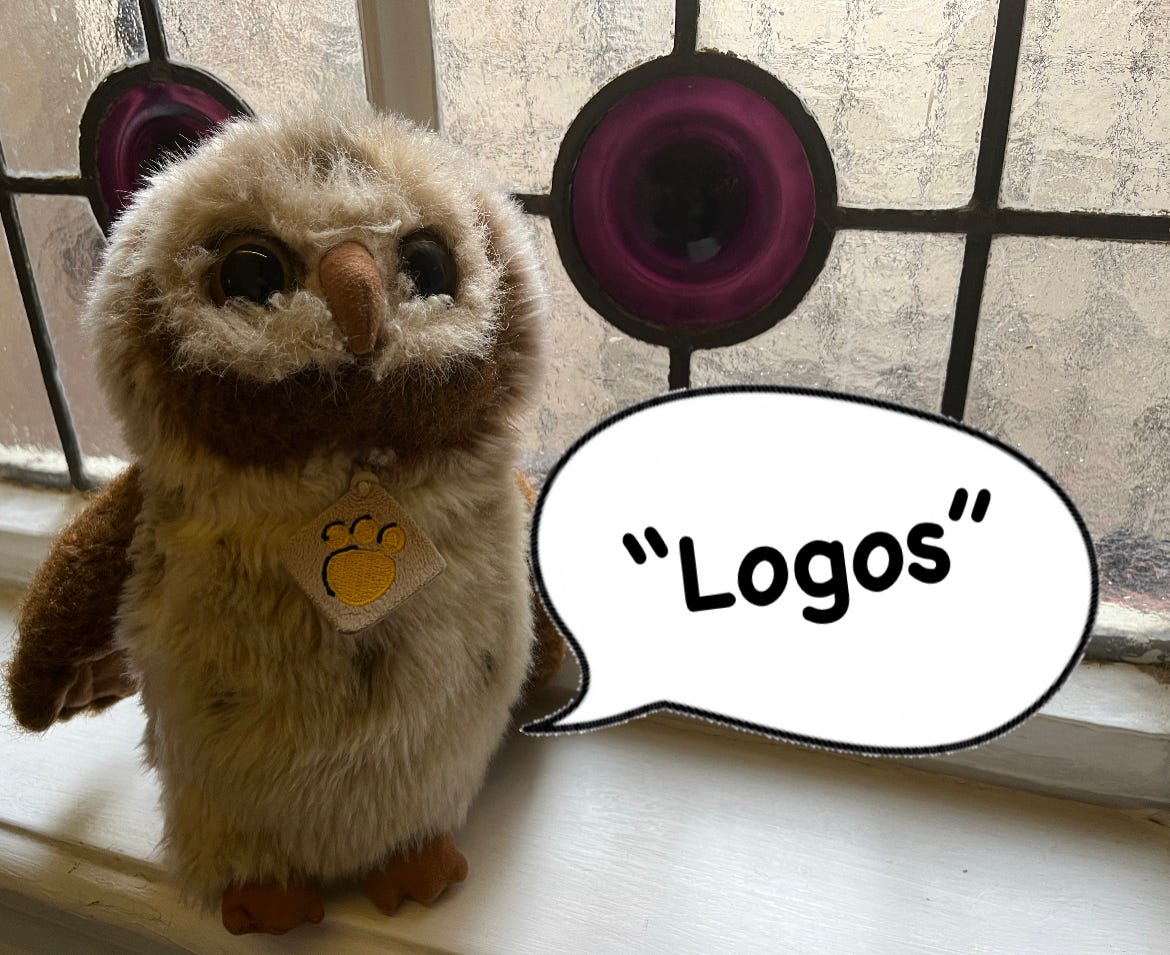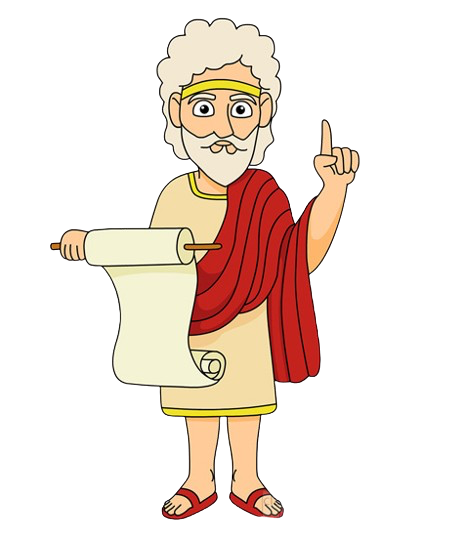Dear Classical Wisdom Kids,
We have exciting news! It’s positively thrilling for those logophiles amongst us and immensely edifying for those who want an, “entry into a worldview different from one’s own”.
Indeed, continuing in the words of Neil Postman, “There is no better way to achieve it than to have them [children] learn a foreign language” - The End of Education: Redefining the Value of Schools
To that end, we are extremely happy to present Classical Wisdom Kids’ newest segment:
Ancient Greek Word of the Week.
As some of you may know, Frida has spent the last year studying ancient Greek with the prestigious Athenian school Elliniki Agogi as part of a pilot program to develop ancient Greek for English speaking kids.
While the program isn’t quite ready yet (you’ll be the first to know when it is!), it’s been such a wonderful and illuminating experience, that we wanted to share it with you, dear reader, and the little learners in your life.
But first, you may be asking: Why ancient Greek? There are so many languages -both modern and ancient- to study, why take the time for such a complicated language?
There are many reasons, my excellent inquiring skeptic (question everything!) - Indeed, we could devote a whole series of articles to the topic and barely touch upon the main thrust of the discourse (and then not have any time for the word word itself!)
Suffice to say, we can only preserve ancient history if we have future translators - and direct access to these texts gives budding brains clear windows to wisdom that have not been filtered by past generations, biases, fads and what not.
Of course not everyone has to become a professional translator. Not even close!
But learning even a few words and concepts, like once a week, opens the whole ancient world in a wonderful new way while working those beautiful growing minds.
Plus, you get to learn about soooo many cool roots of words we use even today. Just wait for why we call the Milky Way a galaxy!!
There is plenty of time for all that... but for now we should begin at the beginning, with the word “The Word” itself, below...
Enjoy!
All the best,
Anya Leonard
Founder and Director
Classical Wisdom
P.S. Of course we will write more on why ancient Greek and Latin are good topics for study in future mailings, but if you’d like to delve into more reasons now, you can read an article from the Director of Elliniki Agogi, Eugenia Manolidou, here.
You can also watch this Classical Wisdom Webinar with Eugenia and Steven Hunt of Classics for All here.
Ancient Greek Word of the Week: “Logos”
From Logic to…logo!
By Eugenia Manolidou
Today we will discuss a very important word, one that has so many meanings: “Logos” (λόγος).
It can be translated as: word, sentence, speech, story, debate, utterance, argument, reason, consideration, computation, reckoning, an account, explanation, narrative, wisdom, or even the word of God!
But what does it mean?
From word and speech to the expression of thoughts and ideas, let’s see how "Logos" (λόγος) in Ancient Greek encompasses all these diverse meanings.
One of its most important interpretations is as reason and rationality, and the ability to have logical thought. In philosophy, Heraclitus, the great Greek Pre-socratic philosopher, associates "logos" with a cosmic principle governing the universe, something like a transcendent and divine quality.
This idea of “logos” continued in the philosophy of Stoicism and the merging of Greek philosophy with Judeo-Christian traditions... and so “logos” is found in the first sentence of the Book of the Gospels.
In mathematics, “logos” represents ratio and proportion, symbolizing order. It can also be the idea of an account or explanation, serving a discourse or argument, like something used in a courtroom or a debate.
And amazingly today we still use “logos” in many ways!
"Logic" (λογική - loyikí), the use of critical thinking, comes directly from it. A "logo" visually embodies a brand essence or idea. "Ecology" combines "house" (οἶκος - écos) and "logos," to show how to study how organisms relate to their environment. "Eulogy" and "apology" trace back to praising and defense. Everyday words like "dialogue," "prologue," and "biology" showcase this linguistic evolution.
These examples illustrate how λόγος - lόgos transcends time, impacting philosophy, science, branding, and communication...making it a perfect ancient Greek Word of the Week!
Discussion Time!
Question: How do you think the word "Logos" was pronounced in Ancient Greek?
Question: Can you think of any other modern words or ideas that from "Logos"?
Question: How do these connections help your understanding of language and its influence on so many different types fields today?
Eugenia Manolidou is the Director of Elliniki Agogi, School of Ancient Greek. You can find out more about her and her work here: ellinikiagogi.gr






